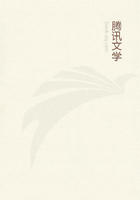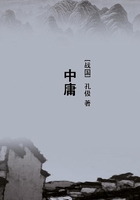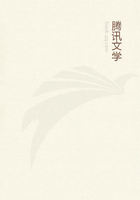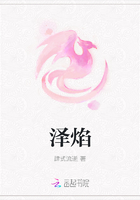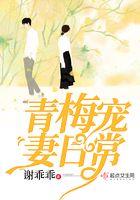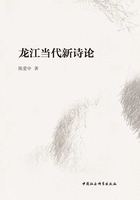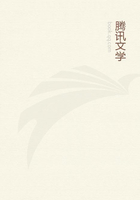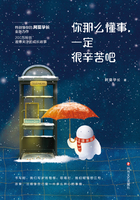During the three years which I spent at Cambridge my time was wasted, as far as the academical studies were concerned, as completely as at Edinburgh and at school.I attempted mathematics, and even went during the summer of 1828 with a private tutor (a very dull man) to Barmouth, but I got on very slowly.The work was repugnant to me, chiefly from my not being able to see any meaning in the early steps in algebra.This impatience was very foolish, and in after years I have deeply regretted that I did not proceed far enough at least to understand something of the great leading principles of mathematics, for men thus endowed seem to have an extra sense.But I do not believe that I should ever have succeeded beyond a very low grade.With respect to Classics I did nothing except attend a few compulsory college lectures, and theattendance was almost nominal.In my second year I had to work for a month or two to pass the Little-Go, which I did easily.Again, in my last year I worked with some earnestness for my final degree of B.A., and brushed up my Classics, together with a little Algebra and Euclid, which latter gave me much pleasure, as it did at school.In order to pass theB.A.examination, it was also necessary to get up Paley's 'Evidences of Christianity,' and his 'Moral Philosophy.' This was done in a thorough manner, and I am convinced that I could have written out the whole of the 'Evidences' with perfect correctness, but not of course in the clear language of Paley.The logic of this book and, as I may add, of his 'Natural Theology,' gave me as much delight as did Euclid.The careful study of these works, without attempting to learn any part by rote, was the only part of the academical course which, as I then felt and as I still believe, was of the least use to me in the education of my mind.I did not at that time trouble myself about Paley's premises; and taking these on trust, I was charmed and convinced by the long line of argumentation.By answering well the examination questions in Paley, by doing Euclid well, and by not failing miserably in Classics, I gained a good place among the oi polloi or crowd of men who do not go in for honours.Oddly enough, I cannot remember how high I stood, and my memory fluctuates between the fifth, tenth, or twelfth, name on the list.(Tenth in the list of January 1831.)Public lectures on several branches were given in the University, attendance being quite voluntary; but I was so sickened with lectures at Edinburgh that I did not even attend Sedgwick's eloquent and interesting lectures.Had I done so I should probably have become a geologist earlier than I did.I attended, however, Henslow's lectures on Botany, and liked them much for their extreme clearness, and the admirable illustrations; but I did not study botany.Henslow used to take his pupils, including several of the older members of the University, field excursions, on foot or in coaches, to distant places, or in a barge down the river, and lectured on the rarer plants and animals which were observed.These excursions were delightful.
Although, as we shall presently see, there were some redeemingfeatures in my life at Cambridge, my time was sadly wasted there, and worse than wasted.From my passion for shooting and for hunting, and, when this failed, for riding across country, I got into a sporting set, including some dissipated low-minded young men.We used often to dine together in the evening, though these dinners often included men of a higher stamp, and we sometimes drank too much, with jolly singing and playing at cards afterwards.I know that I ought to feel ashamed of days and evenings thus spent, but as some of my friends were very pleasant, and we were all in the highest spirits, I cannot help looking back to these times with much pleasure.
But I am glad to think that I had many other friends of a widely different nature.I was very intimate with Whitley (Rev.C.Whitley, Hon.Canon of Durham, formerly Reader in Natural Philosophy in Durham University.), who was afterwards Senior Wrangler, and we used continually to take long walks together.He inoculated me with a taste for pictures and good engravings, of which I bought some.I frequently went to the Fitzwilliam Gallery, and my taste must have been fairly good, for I certainly admired the best pictures, which I discussed with the old curator.I read also with much interest Sir Joshua Reynolds' book.This taste, though not natural to me, lasted for several years, and many of the pictures in the National Gallery in London gave me much pleasure; that of Sebastian del Piombo exciting in me a sense of sublimity.
I also got into a musical set, I believe by means of my warm- hearted friend, Herbert (The late John Maurice Herbert, County Court Judge of Cardiff and the Monmouth Circuit.), who took a high wrangler's degree.From associating with these men, and hearing them play, I acquired a strong taste for music, and used very often to time my walks so as to hear on week days the anthem in King's College Chapel.This gave me intense pleasure, so that my backbone would sometimes shiver.I am sure that there was no affectation or mere imitation in this taste, for I used generally to go by myself to King's College, and I sometimes hired the chorister boys to sing in my rooms.Nevertheless I am so utterly destitute of an ear, that I cannot perceive a discord, or keep time and hum a tune correctly; and it is a mystery how I could possibly have derived pleasurefrom music.
My musical friends soon perceived my state, and sometimes amused themselves by making me pass an examination, which consisted in ascertaining how many tunes I could recognise when they were played rather more quickly or slowly than usual.'God save the King,' when thus played, was a sore puzzle.There was another man with almost as bad an ear as I had, and strange to say he played a little on the flute.Once I had the triumph of beating him in one of our musical examinations.

